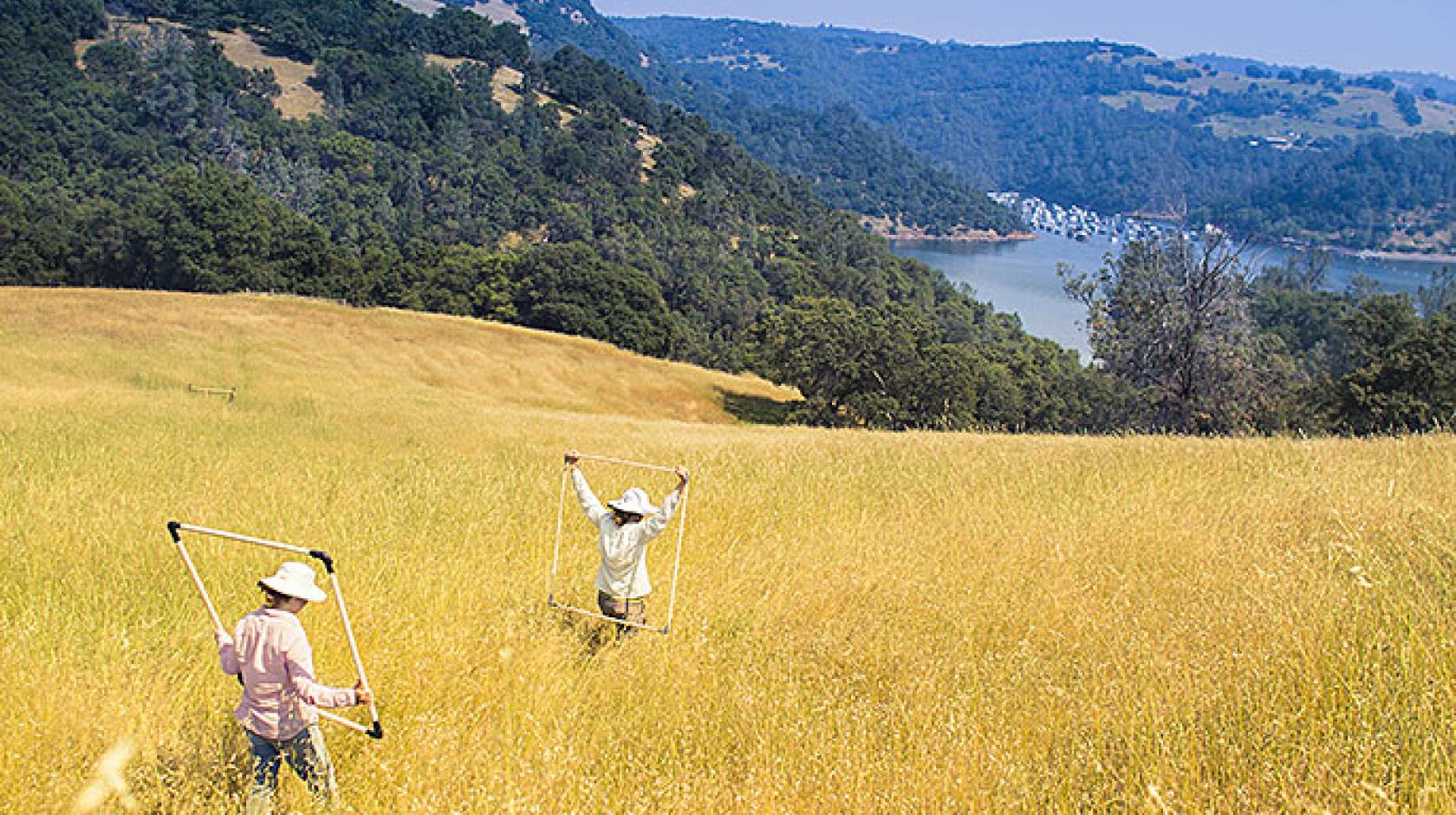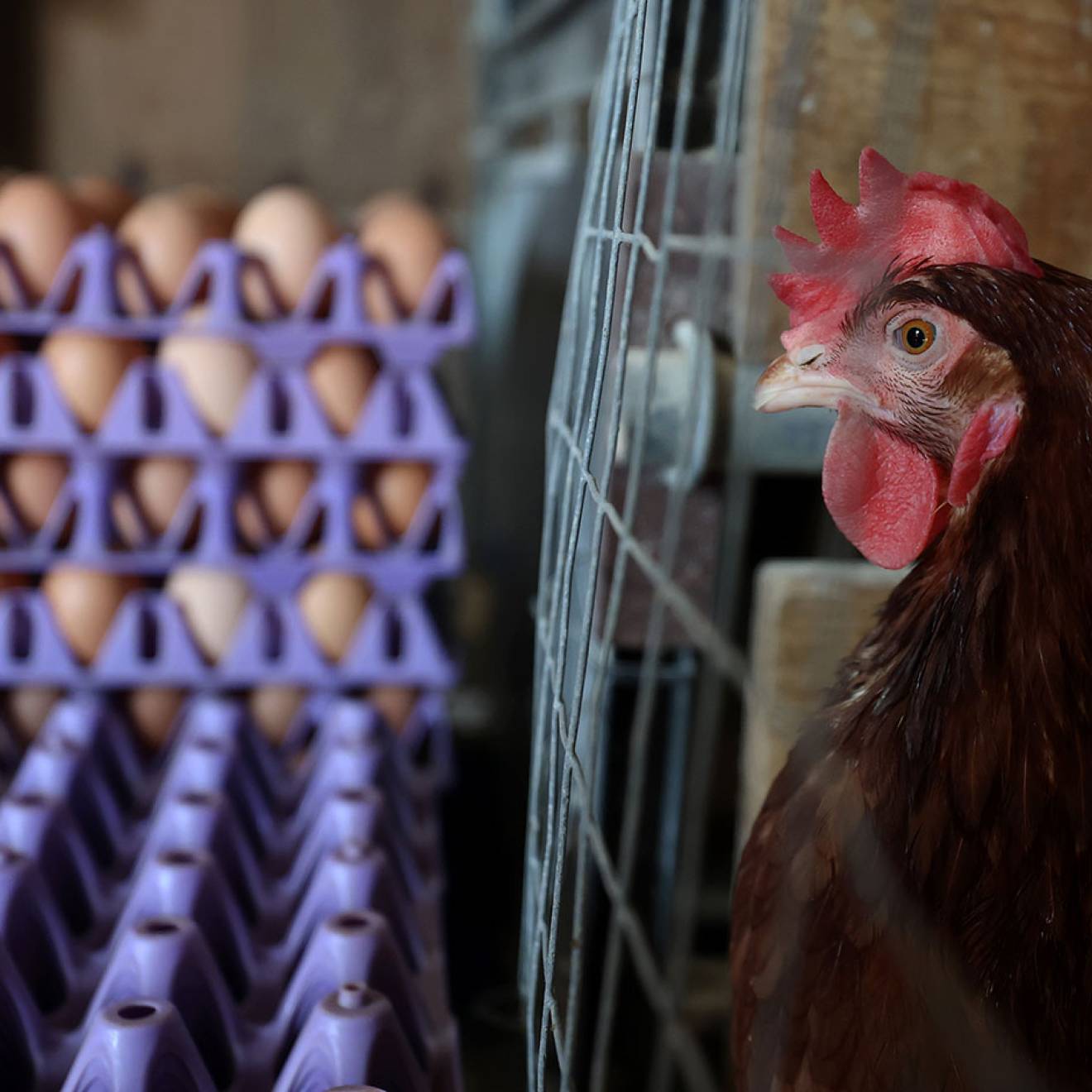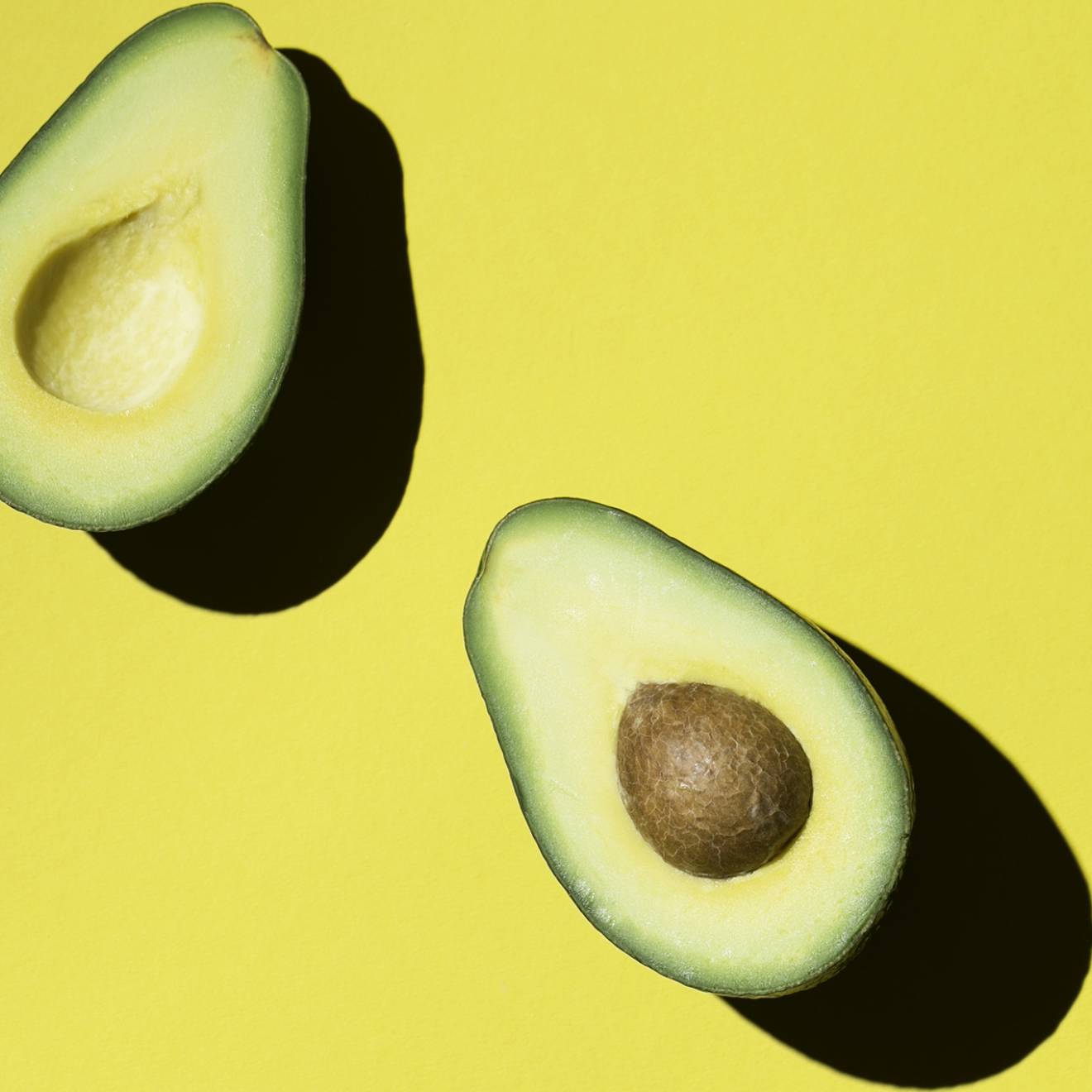Alec Rosenberg, UC Newsroom

In this age of instant gratification, people want immediate solutions to even the toughest challenges.
Take, for example, California’s drought — one of the most severe on record, with 2013 California’s driest year dating back to the Gold Rush and the state facing a 15-year dry period. Some expect the crisis to be solved overnight.
“I run into people who say, ‘It rained last week; are we done?’” said Doug Parker, the University of California system’s point person on water issues. “No, we are not done.”
UC researchers have broad and deep expertise on the drought and water-related issues. They’ve been sharing their knowledge widely, hosting briefings and workshops, posting information online, and conducting media interviews to help educate the public and inform policy. While UC doesn’t have a silver bullet to end the drought, it can offer historical perspective, science-based solutions for coping with the crisis and insight into preparing for future droughts.
Parker, who directs UC Agriculture and Natural Resources’ California Institute for Water Resources, coordinates water-related research, extension and education efforts across the UC system. As an agricultural economist, he likes to point out how UC scientists have helped California farmers improve their water efficiency.
For example, in the last two decades, UC research has helped almond growers reduce water usage by 33 percent and processing tomato growers reduce water usage by 25 percent while increasing yields.
“It’s really changed how we grow crops,” Parker said. “We’re growing a lot more food with less water in California.”
Spreading the word
As a go-to source for information, UC has hosted more than 50 drought events in the past three months for farmers, homeowners and policymakers. A standing-room-only crowd of about 300 attended a UC drought summit in April at the state Capitol in Sacramento, while more than 50 attended a UC drought briefing in May in Washington, D.C.
At the UC drought summit, panelists put California’s current drought into perspective; discussed the challenges and opportunities it has created for agriculture, cities, the environment and government; and addressed the consequences for the economy, endangered species and state policy.
“We can’t make it rain, but we’re doing everything we can to respond to the drought,” said Barbara Allen-Diaz, UC vice president for agriculture and natural resources.
Putting into perspective
UC brings a multicampus, multidisciplinary perspective to the problem. UCLA geographer Glen MacDonald has studied tree rings dating back 1,000 years and found that California droughts can last 50 years. UC Davis fish biologist Peter Moyle has been looking at the impact climate change could have on native fish.
“California has suffered worse droughts in the past and will suffer worse droughts in the future,” Moyle said.
UC Irvine hydrologist Jay Famiglietti has modeled groundwater using satellite data and found significant depletion in California, with more looming.
“Policy change is needed or we will run out of groundwater,” Famiglietti said.
UC San Diego research meteorologist Daniel Cayan notes that California is prone to droughts and can’t rely on relief from a potential upcoming El Niño year, as several previous El Niño years have been dry.
“We will not be able to drought-proof California,” said Jay Lund, a UC Davis civil and environmental engineer. “We will have to live with droughts.”
Spreading solutions
For farmers, that can mean applying UC research to maximize irrigation management with a reduced water supply. Homeowners can get tips on saving water from UC master gardeners. Youth in UC’s 4-H clubs receive lessons about water conservation. Water agencies work with UC researchers on projects to recharge groundwater supplies.
UC’s expertise is also sought by the media. Parker’s office, which maintains a drought information website, has tracked 300 drought-related stories so far in 2014 that feature UC experts.
UC isn’t just offering drought advice; it’s putting its ideas into practice. In January, President Janet Napolitano announced a goal of reducing per capita water use by 20 percent throughout the UC system by the year 2020.
“The 2020 goal builds on the groundbreaking water-related research that takes place on our campuses every day,” Napolitano said. “These efforts are critical to addressing the formidable water, energy and climate challenges facing California, the nation and the world.”


